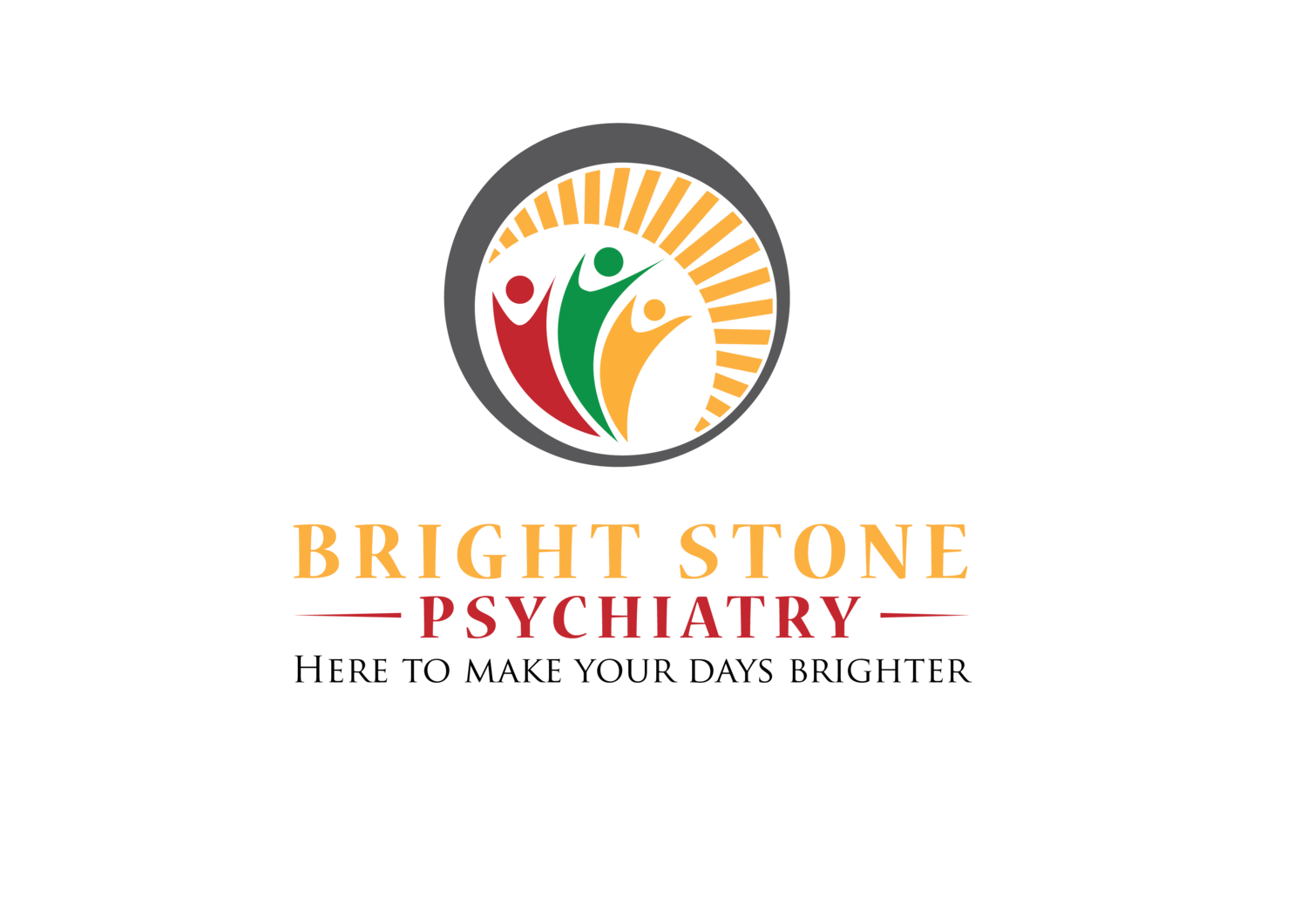Understanding Depression: Types, Symptoms, Treatments, and Support
Depression is a widespread mental health condition characterized by persistent sadness and a lack of interest or pleasure in daily activities. It affects people of all ages and can significantly impair one's ability to function. This article provides an overview of depression, its types, symptoms, treatments, coping strategies, and ways loved ones can offer support.
What is Depression?
Depression is more than just feeling sad or having a bad day. It is a serious medical condition that affects how a person feels, thinks, and handles daily activities. Recognizing depression as an illness is crucial in addressing it effectively.
Types of Depression
Depression can manifest in various forms, including:
Major Depressive Disorder (MDD): Characterized by a persistent feeling of sadness or lack of interest in outside stimuli, affecting one's ability to function.
Persistent Depressive Disorder (PDD): Also known as dysthymia, this chronic form of depression lasts for at least two years.
Bipolar Disorder: Involves episodes of depression alternating with periods of mania or elevated mood.
Seasonal Affective Disorder (SAD): Depression that occurs at a specific time of year, usually in winter when there is less natural sunlight.
Postpartum Depression: A severe form of depression occurring after childbirth.
Premenstrual Dysphoric Disorder (PMDD): A severe form of premenstrual syndrome (PMS) with symptoms that are more intense and debilitating.
Symptoms of Depression
Depression symptoms can vary but often include:
Persistent sad, anxious, or "empty" mood
Loss of interest or pleasure in hobbies and activities
Changes in appetite or weight
Sleep disturbances (insomnia or oversleeping)
Physical symptoms like aches, pains, or digestive problems without a clear cause
Fatigue or decreased energy
Feelings of worthlessness or guilt
Difficulty concentrating, remembering, or making decisions
Thoughts of death or suicide
Treatments for Depression
Effective treatments for depression are available and can greatly improve one's quality of life. These include:
Therapy: Cognitive-behavioral therapy (CBT), interpersonal therapy (IPT), and psychodynamic therapy are effective forms of talk therapy.
Medications: Antidepressants, such as SSRIs, SNRIs, and tricyclics, can help balance chemicals in the brain that affect mood.
Lifestyle Changes: Regular physical activity, a balanced diet, adequate sleep, and stress management techniques can alleviate symptoms.
Mindfulness and Relaxation Techniques: Practices like meditation, yoga, and deep breathing exercises can help reduce stress and improve mood.
Coping with Depression
Managing depression involves adopting healthy coping strategies, such as:
Maintaining a Routine: Daily structure can provide a sense of normalcy and control.
Setting Realistic Goals: Break tasks into small steps to avoid feeling overwhelmed.
Staying Connected: Social support from friends and family is crucial.
Practicing Self-Care: Engage in activities that you enjoy and that promote well-being.
Supporting a Loved One with Depression
If you have a loved one struggling with depression, you can support them by:
Listening and Being Present: Offer a non-judgmental ear and show empathy.
Encouraging Professional Help: Suggest seeking therapy or medical advice.
Learning About Depression: Educate yourself about the condition to better understand their experiences.
Being Patient: Recovery and management of depression take time.
Conclusion
Depression is a common but treatable condition. By understanding its types, symptoms, and treatments, individuals can seek appropriate help and support. Coping strategies and the support of loved ones play crucial roles in managing depression effectively. If you or someone you know is struggling with depression, reaching out for professional help is a critical first step towards recovery.
We Proudly Offer Telehealth Mental Health Services To Minneapolis, Saint Paul, Rochester, Duluth, Bloomington, Brooklyn Park, Plymouth, Eagan, Coon Rapids, Maple Grove, and the surrounding areas.
Book An Appointment By Calling 832-378-8282
